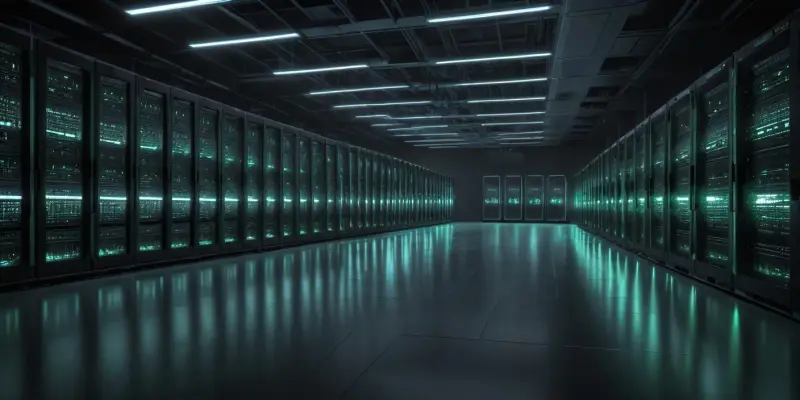As Australia’s data centers face increasing power demands, integrating battery energy storage systems (BESS) emerges as a pivotal solution to manage energy costs and enhance operational efficiency. Data centers, the keystone of modern digital infrastructure, are encountering surging electricity needs due to expanding digitalization and the internet of things (IoT). The sector’s exponential growth necessitates innovative strategies to ensure energy resilience, sustainability, and cost-effectiveness. This scenario sets the stage for significant investments in BESS, with the Brendale campus project in Brisbane standing out as a prominent development reflecting these trends.
Enhanced Operational Resilience and Cost Efficiency
In response to escalating power requirements, data centers are co-locating with utility-scale BESS to unlock multiple advantages, including reduced energy costs, enhanced operational resilience, and additional revenue streams. These battery systems play a crucial role in stabilizing the grid by balancing supply and demand fluctuations and facilitating the incorporation of renewable energy sources. With battery prices on a consistent decline, the capital expenditures needed for BESS installation become increasingly justifiable, making it viable for data centers to adopt this technology.
One noteworthy concept in this paradigm is “revenue stacking,” where data centers can monetize their co-located BESS by offering frequency control ancillary services, network support, constraint relief, and energy arbitrage. This approach not only aids in managing operational expenses but also generates revenue, reinforcing the financial viability of such installations. Data center operators recognize the critical importance of future-proofing their energy sources, adhering to sustainability commitments, and maintaining cost control. By integrating BESS, they can bolster their resilience against energy disruptions, manage peak demand efficiently, and align with net-zero emission targets.
Brendale Campus and the Supernode Project
The Brendale campus exemplifies the interception of these innovative trends, where Quinbrook Infrastructure Partners is spearheading the $2.5 billion Supernode project. This ambitious endeavor integrates four hyperscale data center installations with the largest BESS in Australia, poised to revolutionize the energy landscape. The project unfolds in three stages, with tolling agreements involving Origin Energy and Stanwell Corporation to operate and generate revenue from the first two stages. This landmark project underscores the transformative potential of BESS in reshaping data center energy strategies. By seamlessly integrating extensive energy storage with critical digital infrastructure, the Brendale campus project transcends traditional energy models, fostering a new era of sustainability and operational efficacy. Such integration signifies not only technical innovation but also a strategic move towards comprehensive energy security and economic viability. As other data centers look to Brendale as a benchmark, industry-wide adoption of similar BESS solutions is anticipated to follow suit, driving sector-wide advancements in power management and sustainability efforts.
Future Directions and Implications
As Australia’s data centers grapple with rising power demands, the integration of battery energy storage systems (BESS) has become essential to manage energy costs and boost operational efficiency. Data centers, which form the backbone of modern digital infrastructure, are witnessing an increase in electricity consumption due to the growing digitalization and widespread use of the internet of things (IoT). The sector’s rapid expansion necessitates innovative approaches to ensure energy resilience, sustainability, and cost-effectiveness. Given this scenario, significant investments in BESS are on the horizon, with the Brendale campus project in Brisbane emerging as a notable example of such developments. This project highlights the shift towards incorporating advanced energy storage solutions to meet future power needs, reduce dependence on non-renewable energy sources, and achieve environmental goals. As the demand for data processing and storage continues to surge, the role of BESS in supporting Australia’s digital infrastructure will become increasingly critical.

